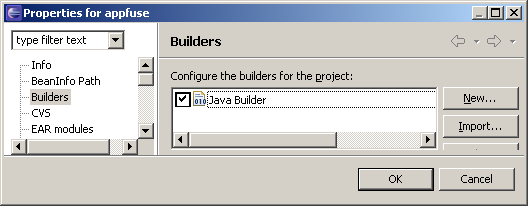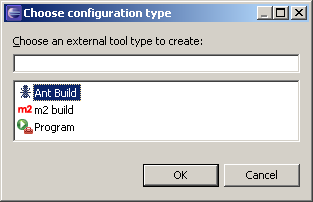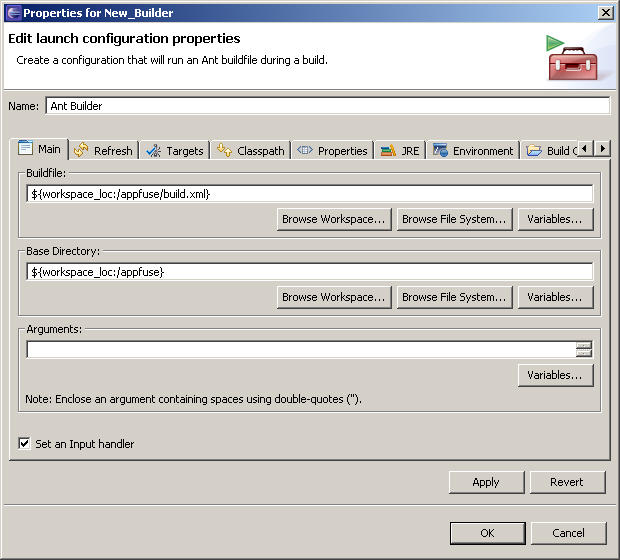I read the news initially on the AMIS Technology blog, which points to the original news-breaker on the IT-eye Weblog. This is huge for the JSF community IMO. The main compelling feature behind component-based frameworks is components. Without components, there's not much point in them.
By christmas a website and mailing list will be available for the incubator project. You will also be able to download the source code. By New Year a subversion repository should be available with the source code. And the intention is to move out of incubator by JavaOne 2006, which I think is in May.
So why is Oracle doing this? Well it's obvious that Java needs to have a good component based framework to compete with .NET. And Oracle believes that JSF can be this Framework, but a good implementation is needed, which is what ADF Faces provides.
What does ADF Faces, or better Apache Faces Cherokee contain? More than 100 components, an Html AJAX renderkit (but it doesn't use HttpXmlRequest, but iframes), a dialog framework, personalization, skinning, and a lot more.
I wonder if Oracle has a solution for the "everything is a post" problem? 
JSF is cool, and easy to be productive in, but so is Tapestry, WebWork and Spring MVC. I find it somewhat ironic that the Struts committers turned down Shale as Struts 2.0, but they voted in WebWork.
I think component-based frameworks might be the way of the future. However, after playing with OpenLaszlo for the past few weeks - I can't help but think that this is what component-based frameworks should be. Many components, easy to use, and the output is a rich-client out-of-the-box. In addition to the Flash output they have now, I've heard rumblings that OpenLaszlo may support other outputs in the future (i.e. XHTML/Ajax).
It's pretty cool to see continued excitement and innovation in Java. Competition is good, and will only make each of these frameworks stronger and easier to use.
Last week, I traveled to beautiful South Florida to attend The Spring Experience conference. This show was put on by Interface21 and No Fluff Just Stuff. Keith Donald (from I21) and Jay Zimmerman (from NFJS) were the organizers and both did an excellent job. This was one of the best conferences I've attended this year, and I've been to many.
Well done gentleman, can't wait for the next one. To read my posts from the event, please see the links below:
This week, most of the Virtuas Practice Leaders are at ApacheCon. Let's hope they blog a little about the event.
![]() The current plan for AppFuse 1.9 is to cram quite a bit of stuff into
a single release. For example, the big "features" I'm planning on
implementing are dependency downloading and the ability to use AppFuse
as a single appfuse.jar.
The current plan for AppFuse 1.9 is to cram quite a bit of stuff into
a single release. For example, the big "features" I'm planning on
implementing are dependency downloading and the ability to use AppFuse
as a single appfuse.jar.





